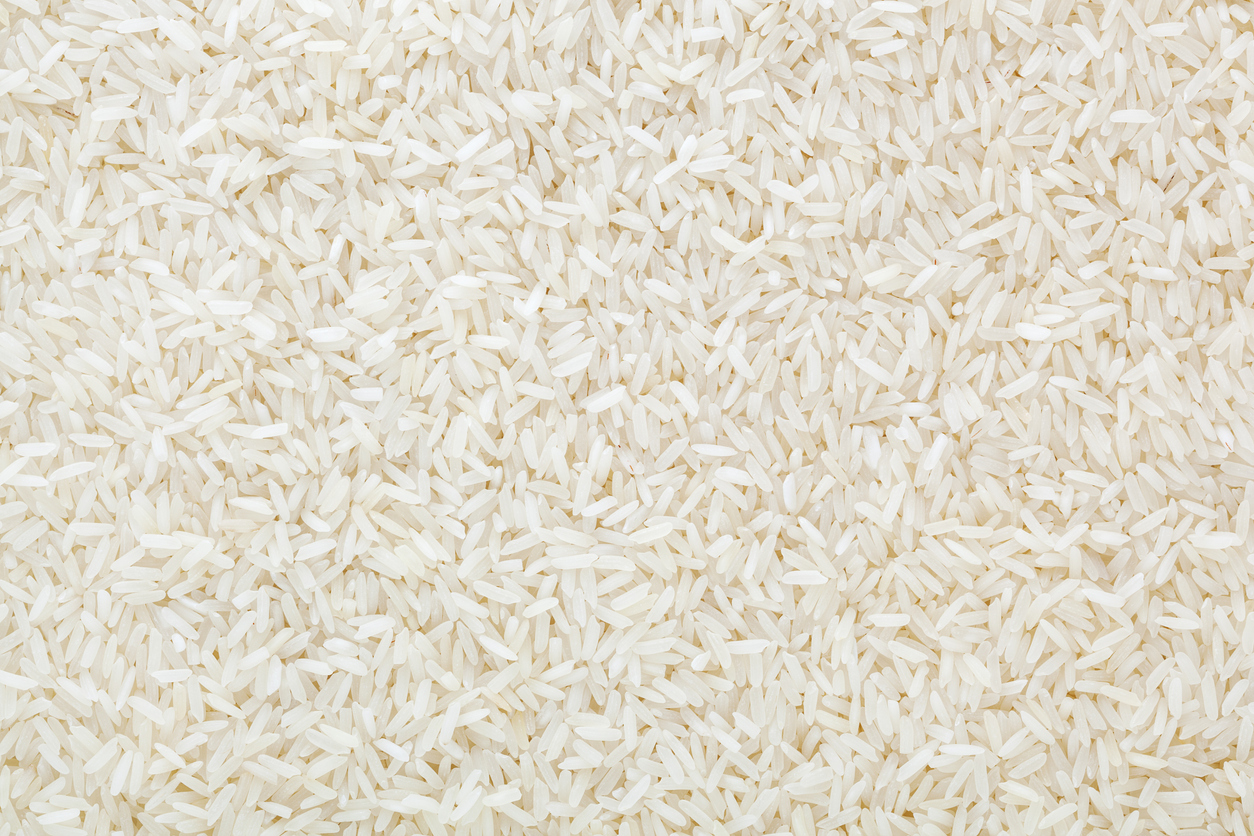
Albino Rice Reveals Key Gene for Chlorophyll Production and Chloroplast Development in Rice
January 31, 2024| |
Researchers from the Sanming Academy of Agricultural Sciences in China reported the gene in rice's formation of chlorophyll and chloroplast. Their findings are published in Plant Growth Regulation.
Chlorophyll production and chloroplast development are vital in studying leaf color, a highly important agronomic trait, especially in rice. The research team found mutant rice oryza sativa albino leaf 50 (osal50), which lacks the usual green pigments and exhibits white stripes on the leaves and with white panicles. Compared with regular rice, the osal50 mutant had less chlorophyll and other coloring agents and had an unusual chloroplast structure. These abnormalities were found to be rooted in a missing gene, OsAL50, which was confirmed by knocking out the gene in the rice genome using CRISPR-Cas9. Further analysis showed that OsAL50 is necessary for controlling photosynthetic pigment metabolism, photosynthesis, and chloroplast biogenesis.
Read the research article in the Plant Growth Regulation journal.
| |
You might also like:
- OsSLA4 Plays a Role in Chloroplast Development in Rice
- Study Reveals Role of OsFtsH2 in Chloroplast Development in Rice
- Study Shows OsCRS2 Vital for Chloroplast Development in Rice
Biotech Updates is a weekly newsletter of ISAAA, a not-for-profit organization. It is distributed for free to over 22,000 subscribers worldwide to inform them about the key developments in biosciences, especially in biotechnology. Your support will help us in our mission to feed the world with knowledge. You can help by donating as little as $10.
-
See more articles:
-
Gene Editing Supplement (January 31, 2024)
-
Research and Tools
- Gene Editing Reduces Branch Angle and Altered Petiole Angles in Cotton
- Albino Rice Reveals Key Gene for Chlorophyll Production and Chloroplast Development in Rice
- Israeli Researchers Develop Gene-edited Tomatoes that Consume Less Water
- Nine Gene-edited Berries from Pairwise Receive USDA Confirmations
- Gene Editing of Grapes Enhances Aromatic Attributes
- Scientists in Africa Use Gene Editing to Protect Crops from Local Threats
-
Read the latest: - Biotech Updates (January 28, 2026)
- Gene Editing Supplement (January 28, 2026)
- Gene Drive Supplement (February 22, 2023)
-
Subscribe to BU: - Share
- Tweet

